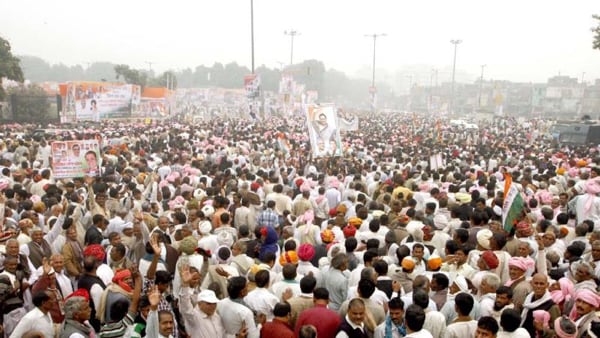Anna Gomez, the sole Democrat on the US Federal Communications Commission (FCC), asserted that President Donald Trump cannot legally fulfill threats to revoke TV station licenses based on content he disapproves of. In an interview with Bloomberg TV on Friday, she stated, “The FCC doesn’t have the authority or the ability to take action against broadcasters because of their content.”
Gomez criticized the administration for allegedly utilizing the threat of license revocations to coerce media companies into settling legal disputes or relinquishing their rights. She described this tactic as a means for the administration to exert pressure on broadcasters and the news media.
The situation intensified when ABC, a subsidiary of Walt Disney Co., suspended host Jimmy Kimmel’s show indefinitely following his comments about the assassination of political activist Charlie Kirk. This decision sparked significant backlash from Democratic lawmakers, Hollywood figures, and advocates for free speech.
It is important to note that national television networks like ABC do not require government-issued licenses to operate; instead, individual TV stations must secure these licenses and pay fees to become affiliates. Two of the largest operators in the US, Nexstar Media Group Inc. and Sinclair Television Group, took Kimmel’s show off the air after FCC Chairman Brendan Carr encouraged local stations to “push back” against coverage perceived as unbeneficial to local communities.
Gomez emphasized that there is no justification for revoking any broadcast licenses due to Kimmel’s content or standard editorial choices made by broadcasters. She pointed out that Kimmel’s show is satire rather than news, indicating it does not aim to inform the public about specific current events. Addressing claims that Kimmel’s remarks constituted news distortion, she stated such comments “do not meet the standard for news distortion.” Should a formal complaint arise, the FCC would assess whether any regulations were breached.
“I can tell you today there were no violations under the law with these facts,” Gomez concluded.










